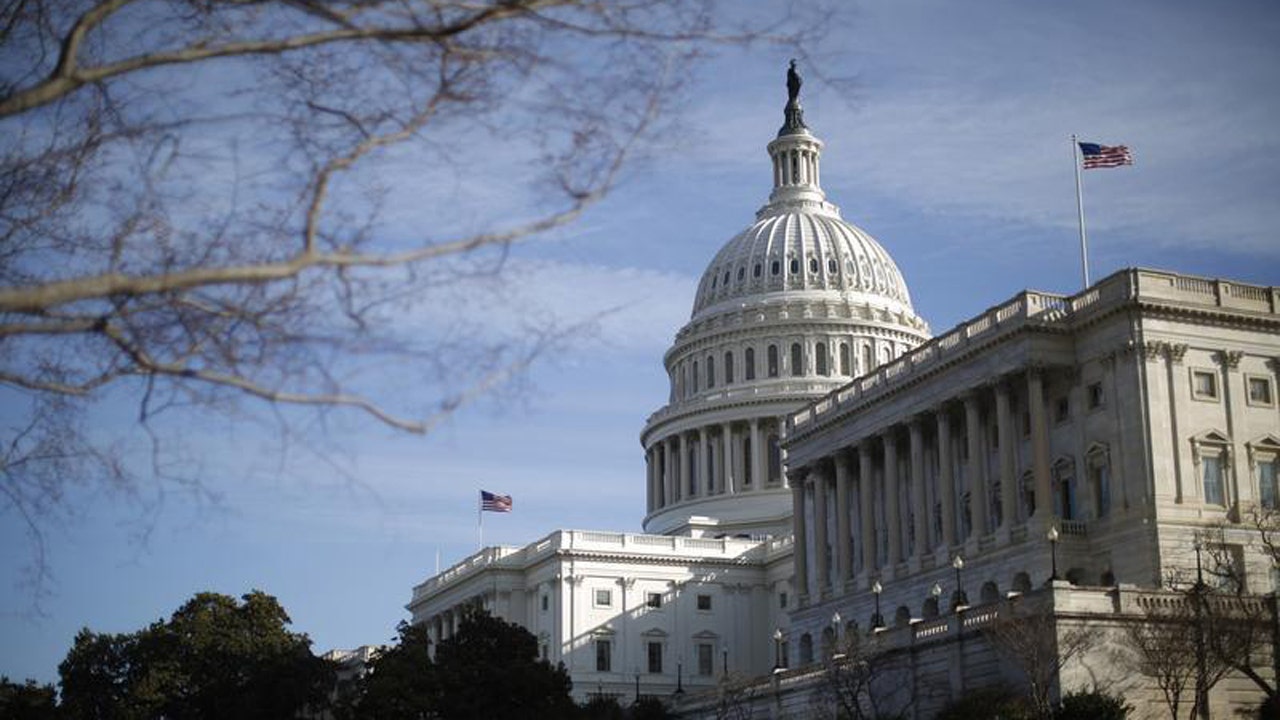Expert Argues H-1B Visa Program Harms U.S. Tech Graduates Amid Calls for Reform
This article highlights the ongoing debate on whether the H-1B program truly addresses skill gaps or contributes to domestic labor displacement, a critical concern for both skilled workers and employers.
Subscribe to our newsletter and stay informed about latest H1B news, policy updates and and other developments.
Article Summary
Skillstorm CEO Justin Vianello advocates for Trump-era H-1B visa reforms, asserting that the program, alongside OPT, creates unfair competition for American college graduates in IT by facilitating lower-paid foreign labor. He points to higher unemployment rates for IT graduates and significant wage disparities, supporting measures like a $100,000 H-1B fee to counter perceived labor arbitrage.
Original Article: foxnews.com
[ Sentiment: negative | Tone: factual ]
This summary and analysis were generated by TheNewsPublisher's editorial AI. This content is for informational purposes only; it does not constitute legal or immigration advice.
[ Sentiment: negative | Tone: factual ]
This summary and analysis were generated by TheNewsPublisher's editorial AI. This content is for informational purposes only; it does not constitute legal or immigration advice.
TNP AI: Key Insights
This analysis from a CEO reflects a persistent critique of the H-1B program, particularly regarding its impact on entry-level U.S. tech graduates and the potential for 'labor arbitrage.' While the proposed $100,000 fee and specific OPT changes mentioned were part of a prior administration's agenda and did not fully materialize in that form, the underlying concerns about wage suppression and competition remain central to ongoing H-1B reform discussions.
For our audience of skilled professionals and employers, this perspective underscores the complex political and economic environment surrounding U.S. skilled immigration. It is crucial to understand that such arguments often inform policy debates, influencing potential future reforms aimed at aligning the H-1B program more closely with its original intent of complementing, rather than displacing, the domestic workforce.





